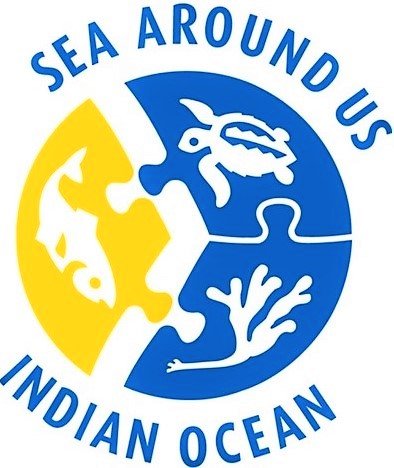Seismic surveys affecting fisheries catches
Oil research and exploration vessel using seismic surveys.
Seismic surveying is affecting the whiting fishery that operates off the eastern part of Australia’s state of Victoria and the lobster fishery off King Island in the state of Tasmania.
The surveying technique involves using loud blasts to detect potential oil and gas reserves on the seabed.
In the case of Victoria, the Australian Broadcasting Corporation reported that French company CGG carried out a six-month-long survey near the seaside town of Lakes Entrance and that research by a firm called Fishwell Consulting found that catch rates for whiting were down by 99.5 per cent during those six months.
Similarly, flathead catches dropped by 71 per cent during the survey period.
Australia’s public broadcaster also reported on research by scientists at the Institute for Marine and Antarctic Studies in Tasmania and Curtin University in Western Australia, who found that lobsters were severely affected when exposed to the air guns used in seismic surveys.
Specifically, the crustaceans show damaged statocysts, an organ similar to the human inner ear, when impacted by the noise of the guns. This meant that they became unable to right themselves when overturned and were not able to control their orientation when they are escaping from a predator.
The research was published in Proceedings of the Royal Society B in 2019, almost at the same time the Australian government granted approval to 3D Oil to conduct seismic surveys in the Otway Basin, located 18 kilometres west of King Island and which is an area that encroaches on the highly valuable lobster fishery.
The full story on whiting catches can be accessed here.
The study on lobsters can be accessed here.

